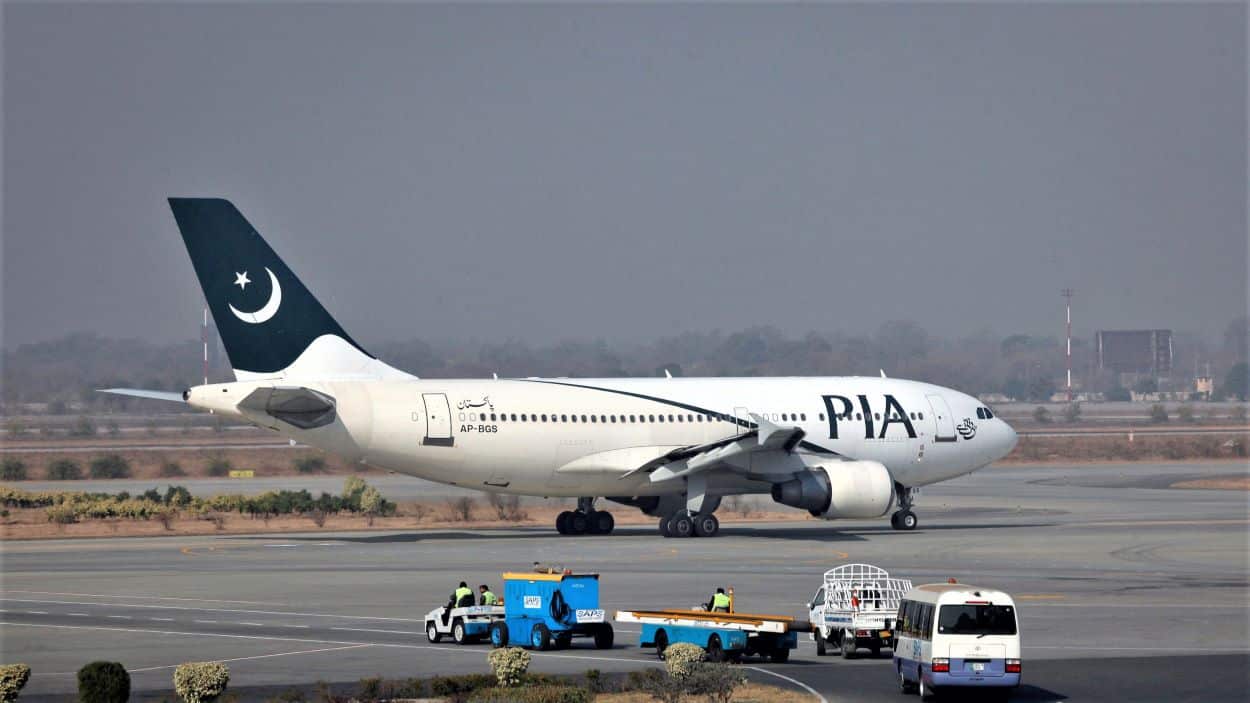On April 23, 2025, Pakistan’s federal government launched the privatisation process for Pakistan International Airlines (PIA) by issuing an Expression of Interest (EOI), inviting bids for 51–100% of the national carrier’s shares.
This is the second EOI issued under the current administration. It highlights efforts to revitalise the struggling airline in the face of economic pressures, including mandates from the IMF.
Interested parties must submit their bids by June 3, 2025, with a non-refundable fee of Rs 1.4 million. The privatisation package includes passenger services, ground handling, cargo, flight training, flight kitchen, and engineering services. Additionally, the package offers PIA’s operational infrastructure and a sales tax exemption for adding new aircraft. Buyers can obtain between 51% and 100% of government shares, giving them significant control over the operations.
The Privatisation Ministry aims to reposition PIA as a competitive global player, leveraging its 268 weekly flights and 30 routes from the last fiscal year.
Challenges and Timeline
Adviser to the Prime Minister on Privatisation, Muhammad Ali, confirmed the process will miss the IMF’s July 2025 deadline and is now targeting December 2025 completion. A new EOI was published in late April, signalling a structured but delayed effort. PIA’s operational challenges, including financial losses and ageing fleets, necessitate urgent reform to attract credible bidders.
The privatisation push is a pragmatic response to PIA’s financial woes and IMF pressures, but the delayed timeline risks undermining investor confidence. The broad stake range (51–100%) offers flexibility but may deter bidders seeking full control due to uncertainty. Tax exemptions are appealing, yet PIA’s ageing fleet and operational inefficiencies pose challenges for profitability. The government’s track record of slow privatisation processes (e.g., previous EOI failures) raises concerns about execution. Transparency in bid evaluations and asset valuations will be critical to avoid perceptions of favouritism, especially given Pakistan’s economic constraints.
The Privatisation Commission will evaluate bids after June 3, with shortlisted parties accessing detailed financial data. Investors are advised to monitor the ministry’s updates. The outcome could reshape Pakistan’s aviation sector and signal broader economic reform progress.






